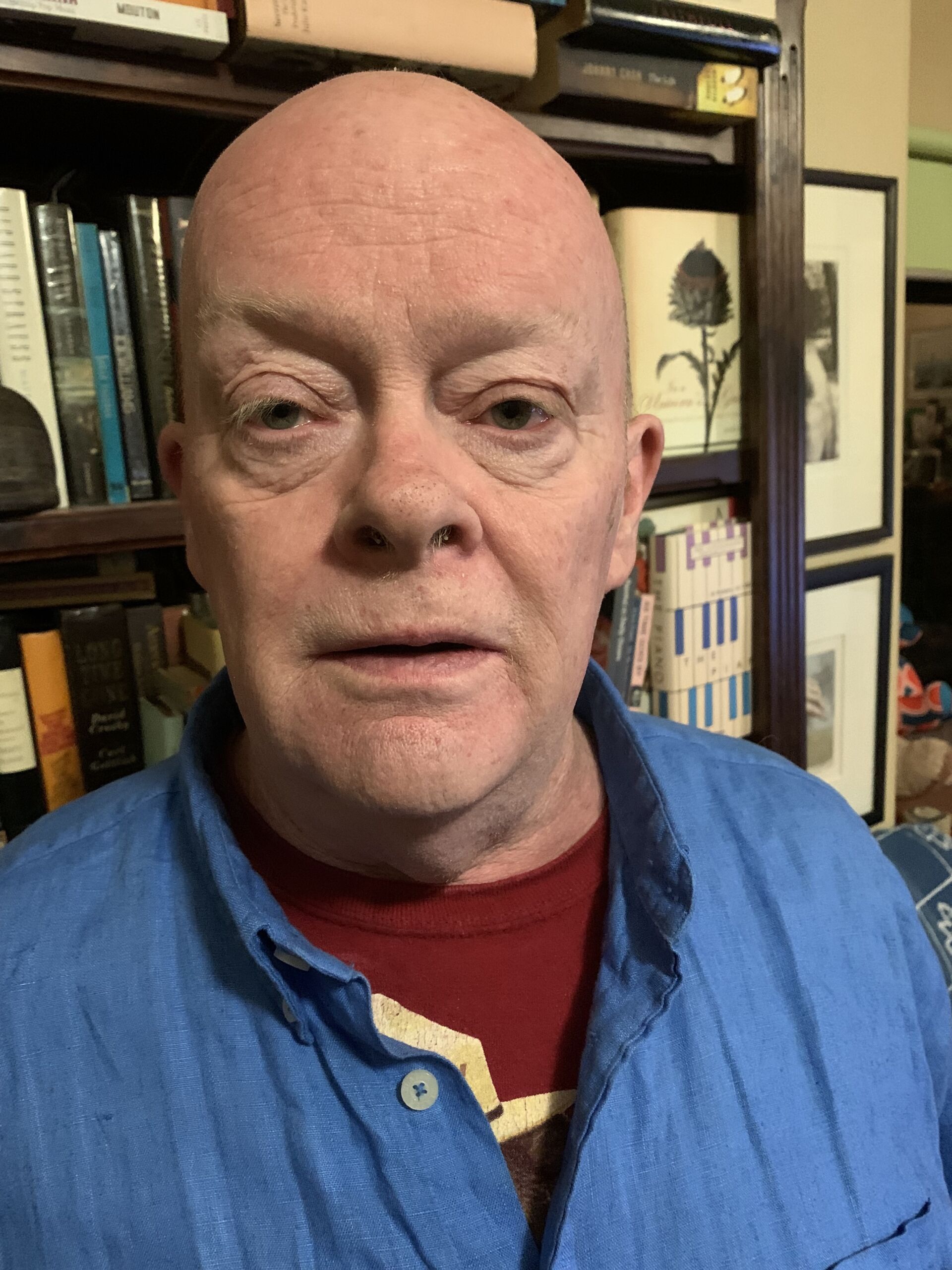Review: Strauss: Complete Operas (Various Artists)
Even though his father Franz had played horn in the premieres in several of Wagner’s operas, the old man was not a fan of Herr Richard’s music dramas. His son, the composer Richard Strauss, would hold a similar position until his late teens when he discovered the piano score for Tristan and Isolde and he would prove a master of the orchestral tone poem and lieder before writing his first opera – the Wagnerian pastiche, Guntram – around his 30th birthday. However it was not until his third work in the field – Salome (1905), after Oscar Wilde’s notorious play – that he would have a major success de scandale with many productions being rapidly presented across Europe. With this and his take on the classical tale of Elektra a few years later, Strauss would electrify audiences while balancing precariously on the edge of tonality. However he would suddenly pull back to celebrate his other major influence, Mozart, and with the likes of Ariadne auf Naxos and particularly Der Rosenkavalier, he would create the much loved dramas wherein his unique ability to write for the female voice would shine, creating a template for the rest of his operatic output amounting…


